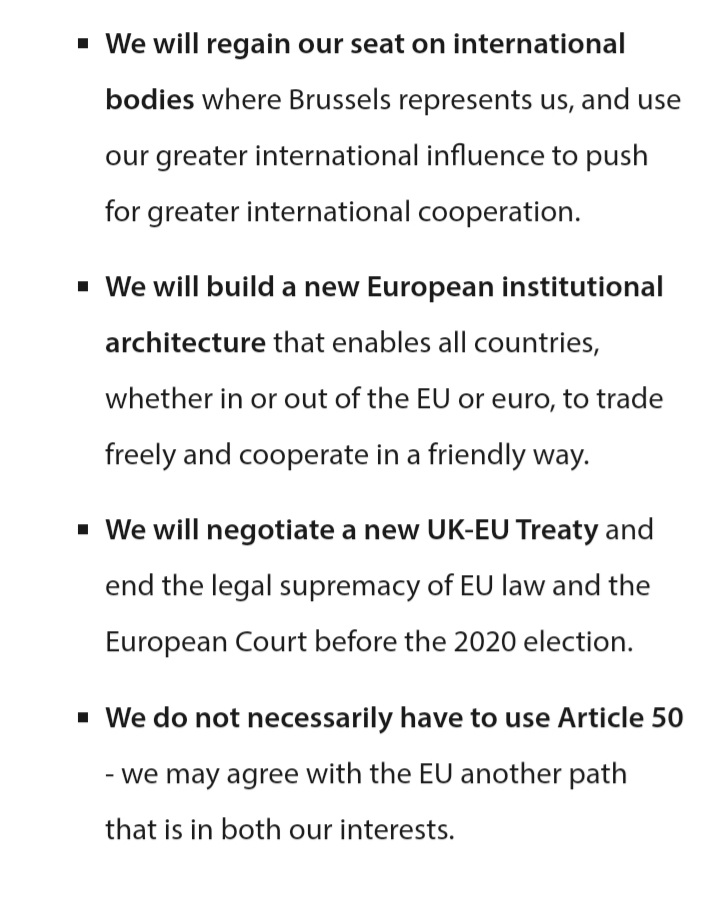
US-based economists and economic historians that decry the EU for not emulating US stimulus packages that to a large extent replicate what EU states have been doing for decades
We still get op/eds in American newspapers predicting the decline and fall of the EU because it won't emulate the cash US governments throw at stimulus packages even as the current US government can't even get paid leave legislation through the US Senate.
It's not even particularly an EU thing. UK has paid leave structures in place, as does pretty much every European state. Even Albania and Moldova for god's sake.
What exactly is appealing about a US model that throws occasional stimulus around yet doesn't do structural basics?
What exactly is appealing about a US model that throws occasional stimulus around yet doesn't do structural basics?
• • •
Missing some Tweet in this thread? You can try to
force a refresh




